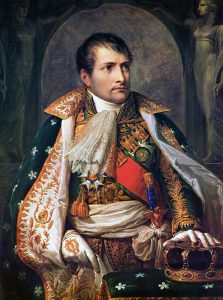
For many years, leadership scholars have attempted to pull the conversation away from the person in the position to a discussion about context, situation, or how the person or people in charge were affected by time and place. Think of the historian Thomas Carlyle’s “great man” theory of leadership: an account that gave the leader credit for so much of what happens that it left no room for context, time, and place.
Writing in the mid-nineteenth century, Carlyle opined that we learn best from such great leaders: “Great Men, taken up in nay way, are profitable company. We cannot look, however imperfectly, upon a great man, without gaining something by him. He is the living light-fountain, which it is good and pleasant to be near.”
Such an approach has great appeal; we all love to read the biography of a “great leader” who saved a country, took a company to a new level, or created a new product. It’s entertaining and inspiring. We see a glimpse of our own potential and wish to emulate the heroes of such stories. We also take comfort in such dramatic human agency: if Churchill [or any great leader] was fully in charge, then leaders can achieve anything and we, too, are in control of our future.
However, this is the stuff of entertainment rather than the stuff of everyday leadership.
Most leadership is not so much the product of a great person in control of time and place. Instead, leading is the very messy combination of people, context, and culture. Leadership “breakthroughs,” then, are rarely the result of a great person or people; instead they reflect the steady, context-laden efforts and give-and-take of persons working together to obtain the result.
Similarly, a new product is created when an idea builds on an idea until the cumulative effect bursts forth in what seems to be a sudden bolt of lightning.
